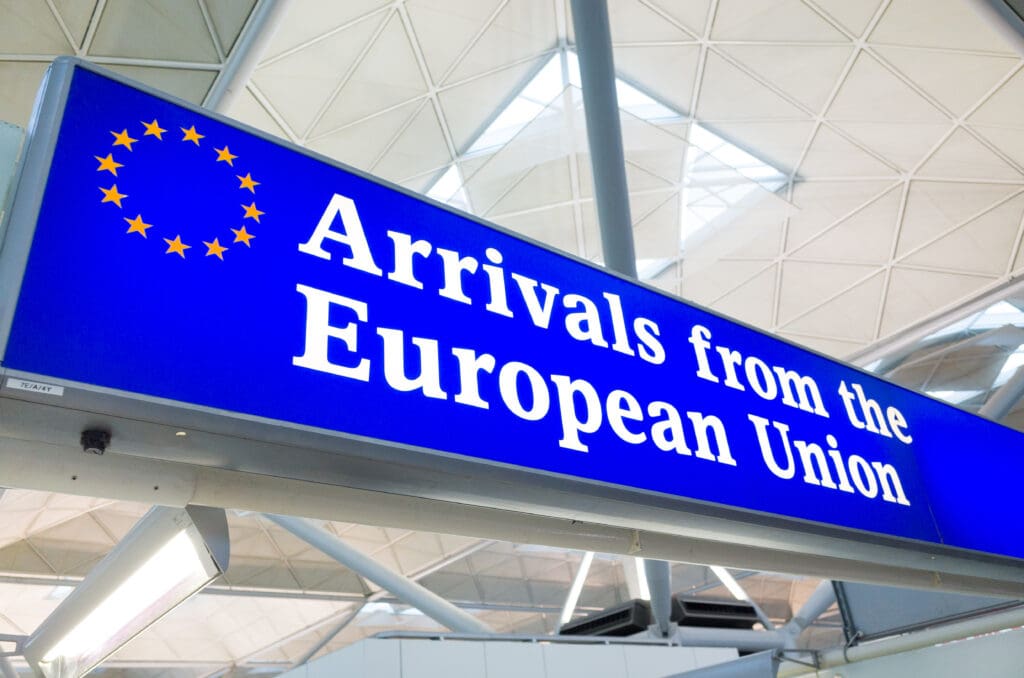Leading figures from the travel and aviation sectors have condemned a “bewildering” government plan to increase the Electronic Travel Authorisation (ETA) fee from £10 to £16, warning it could undermine the UK’s global competitiveness and hamper both inbound and outbound travel.
The Home Office laid out proposals on Thursday (16 January) to raise the fee — making Britain’s ETA nearly three times the cost of the EU’s forthcoming ETIAS system, which is set at €7 (about £6) and lasts a year longer. Trade bodies argue this will deter vital business and leisure travel.
Clive Wratten, CEO of the Business Travel Association (BTA), criticised the timing: “This policy risks discouraging vital inbound travel, especially from people coming to collaborate with UK businesses. Inbound business travellers typically spend up to £1,000 per visit, so making it more expensive sends the wrong message at a time we need economic growth.”
Willie Walsh, Director General of the International Air Transport Association (IATA), labelled the plan “bewildering” and a “self-inflicted blow” to the UK’s tourism appeal. “The extra cost comes on top of Air Passenger Duty — already the world’s highest travel tax — which itself goes up again in April. Travellers do have alternatives, and the EU’s own system is much cheaper and longer-lasting.”
Julia Lo Bue-Said, Chief Executive of The Advantage Travel Partnership, pointed to a knock-on effect for travellers leaving the UK: “Charging international visitors to enter the country directly affects the outbound sector too. If inbound suffers, outbound invariably does as well. The government should be attracting visitors, not erecting new financial hurdles.”
Tim Alderslade, CEO of Airlines UK, welcomed plans to exempt transit passengers from the fee, describing it as “a very welcome and pragmatic step” that prevents UK hubs from losing business to airports in Europe. However, he urged policymakers to make this measure permanent. “We cannot hope to compete on the global stage with a wall of costs facing those wishing to visit and invest here,” Alderslade said.
The move follows growing anxiety among British businesses that rising travel charges will reduce international arrivals and curtail opportunities for collaboration and investment. Critics say the fee hike, combined with existing levies such as Air Passenger Duty, sends a message that the UK is “closed for business” at a crucial time for economic recovery.


